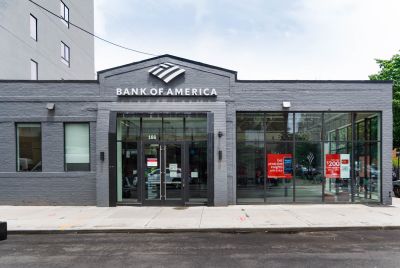Study finds that the cost of attending university will rise by £5,000 this year
A poll found that 85 per cent of the 500 undergraduates admitted to being concerned about being able to afford their upcoming term at university.

We've now reached the beginning of September, which means that all kids and students are preparing to continue their education, with all the stressed mums and dads frantically rushing to do their last-minute shopping for school uniforms, textbooks and stationery.
But parents aren't just concerned with ensuring that their children have full pencil cases and rucksacks for when they return to school. Their worries, along with the worries of university students, extend to more financial matters.
As of this month, research shows that the average student graduating from an English university will have a colossal £44,940 of debt.
The fees total £9,250 a year, which includes maintenance costs, and the average student rent per month is around £500. To exacerbate the stressful situation, interest on student loans currently sits at an eye-watering 7.1 per cent.
But this series of intimidating numbers doesn't stop there, and it's all thanks to the cost of living crisis.
According to research from Onepoll.com, which was also commissioned by eBay, the cost of attending university is expected to rise by up to £5,000 this academic year.
The study found that the average student worriedly predicts that they will be spending an extra £411 a month this academic year when compared to the previous year.
Interestingly, of the 500 undergraduates who participated in the study, 62 per cent stated that they likely wouldn't have attended university if they had known how expensive it was to be a student.
To put the students' specific concerns into perspective, let's take a look at some of the standard items that university students would require.
A mobile phone, for starters. Obviously a laptop. Desktop PC equipment too. Seems fair, right?
Well, according to the results of the study, around 71 per cent of the students are unsure and downright baffled about how they're even going to be able to afford these necessary items.
In sheer desperation, 75 per cent believe that they'll have to resort to dipping into their savings, whilst 67 per cent will have to rely on credit cards if it means providing any chance of getting them through the year.
Beyond technology, a minority of students in the study even believed that other amenities such as textbooks, travel and food shopping would also prove difficult to afford.
Head of refurbished technology at eBay UK, Mark Monte-Colombo, stated: "Students are already known for being 'skint', but it's worrying to think about how the rising cost of living is impacting their lives and education."
He continued: "We want to do whatever we can to help – so we're raising awareness of the savings to be made by shopping refurbished tech, or by choosing discounted home wares, from our Back To Uni hub."
However, this financial stress isn't just limited to university students, it also falls on their parents, who often play a crucial role in ensuring that their children are even able to attend university and receive a student loan.
For example, one parent by the name of Nick Terry, commented: "Our son was told he would get the minimum maintenance loan, which doesn't even cover his £6,000 accommodation fee. We would need to find £120 a month for rent, on top of what he needs to live."
Terry continues: "We lose child benefit for him so the money coming into the household will also go down. With the cost of living rising, I'm not sure how we will help him. In the meantime, he has deferred a year so he can work and save."
Another parent, Cherry Hagger from Essex, detailed a similar situation that involved herself and her husband Mark struggling to put their three children through university.
Cherry stated: "We are very lucky that we saved for university starting from when our children were young, and I don't think parents realise how early they need to start planning for university costs."
Adding onto Cherry's suggestion, financial advisors do encourage parents to start saving money when their children are young, and if children already have money sitting in a savings account, parents should consider allocating this towards university costs in the long run.
© Copyright IBTimes 2025. All rights reserved.






















